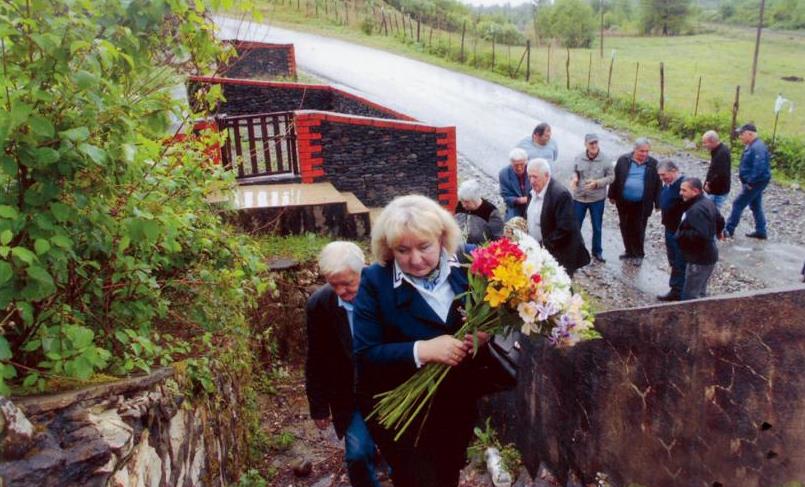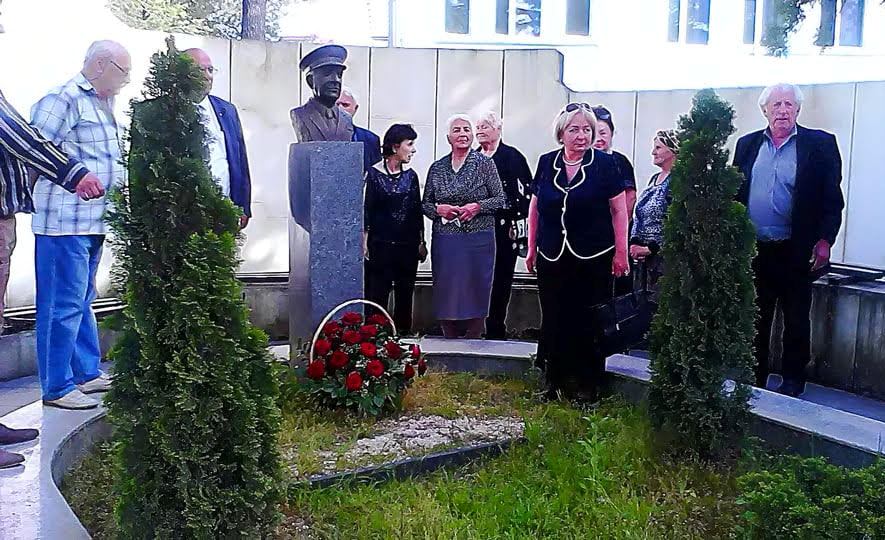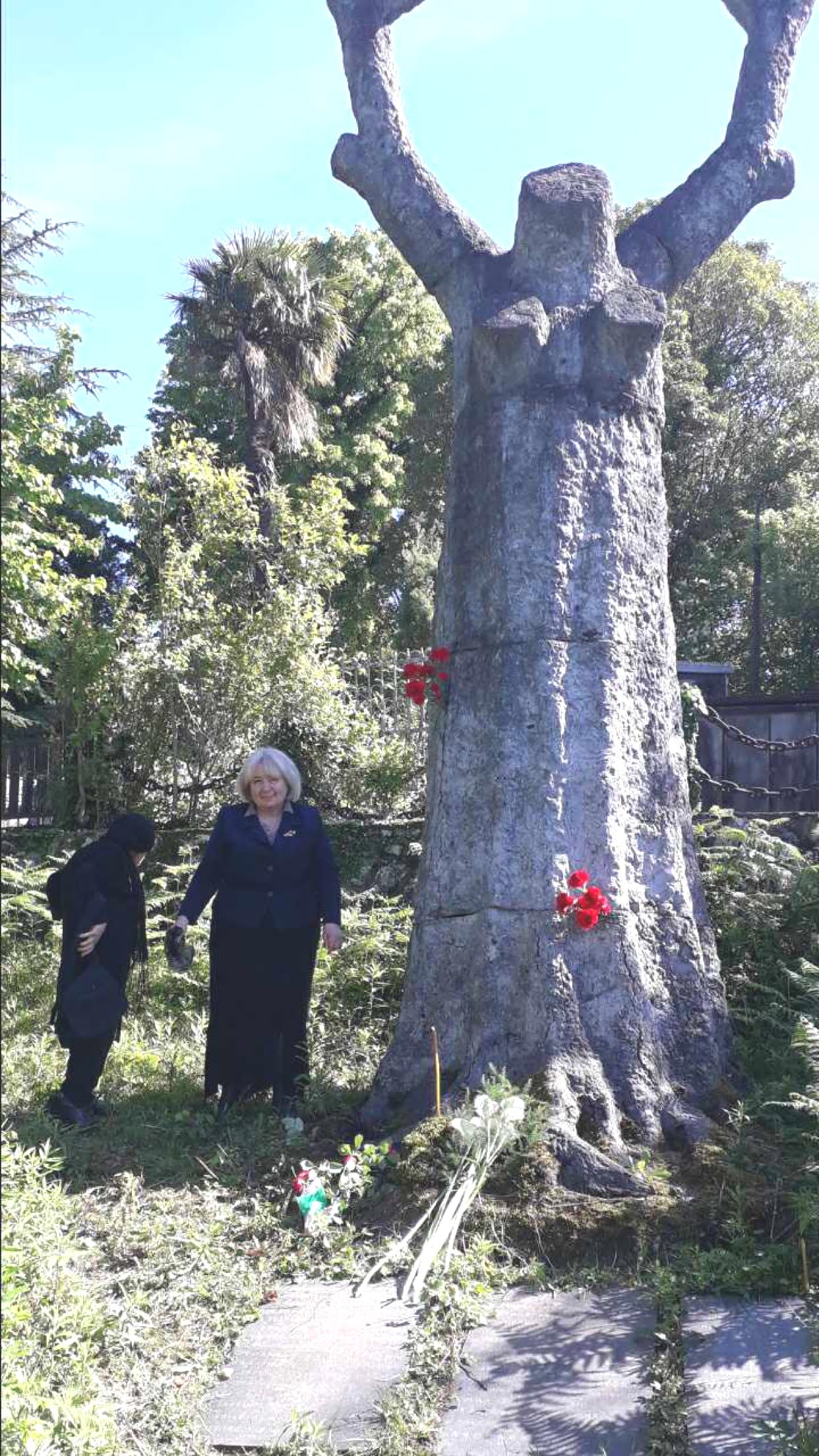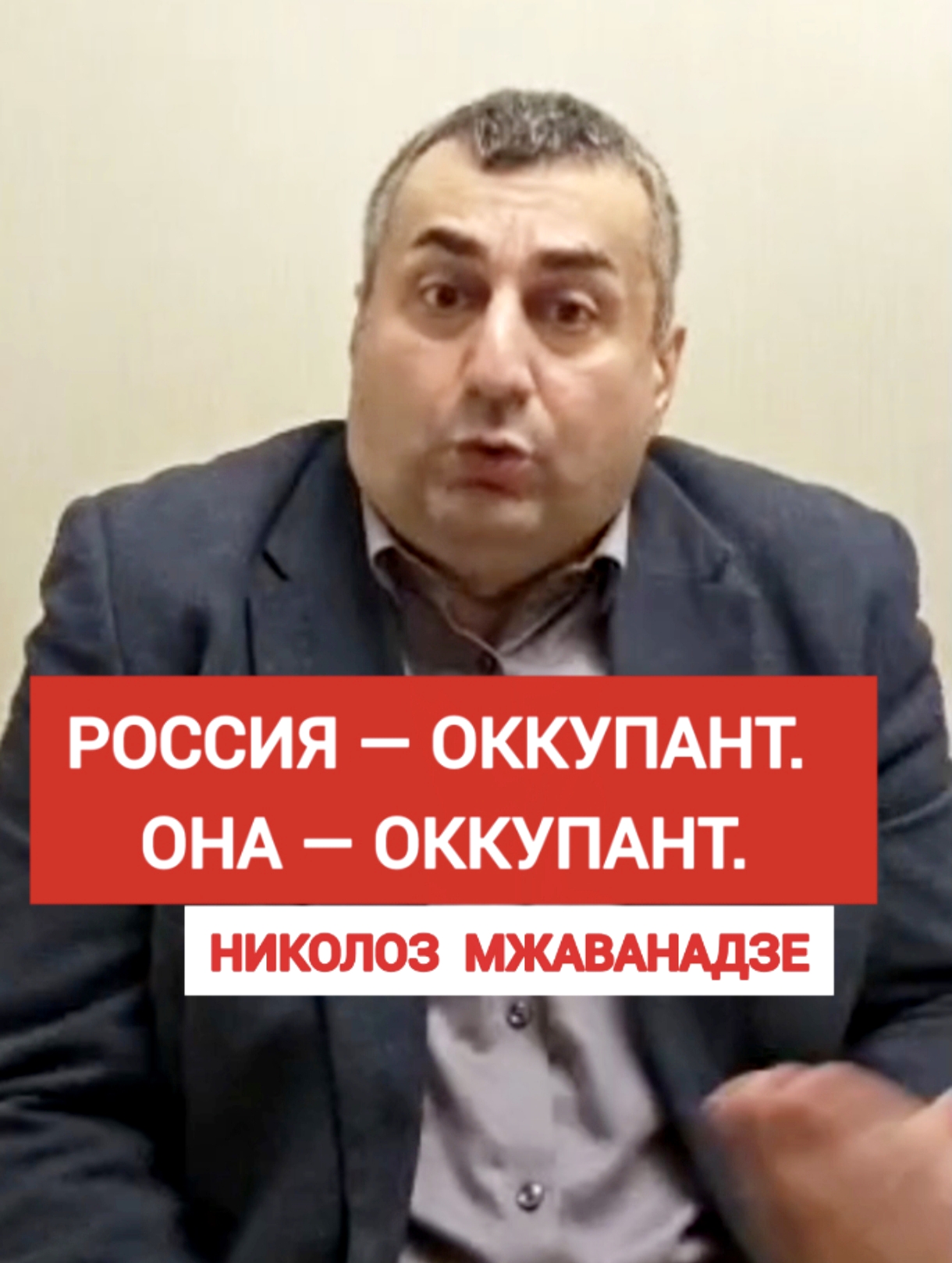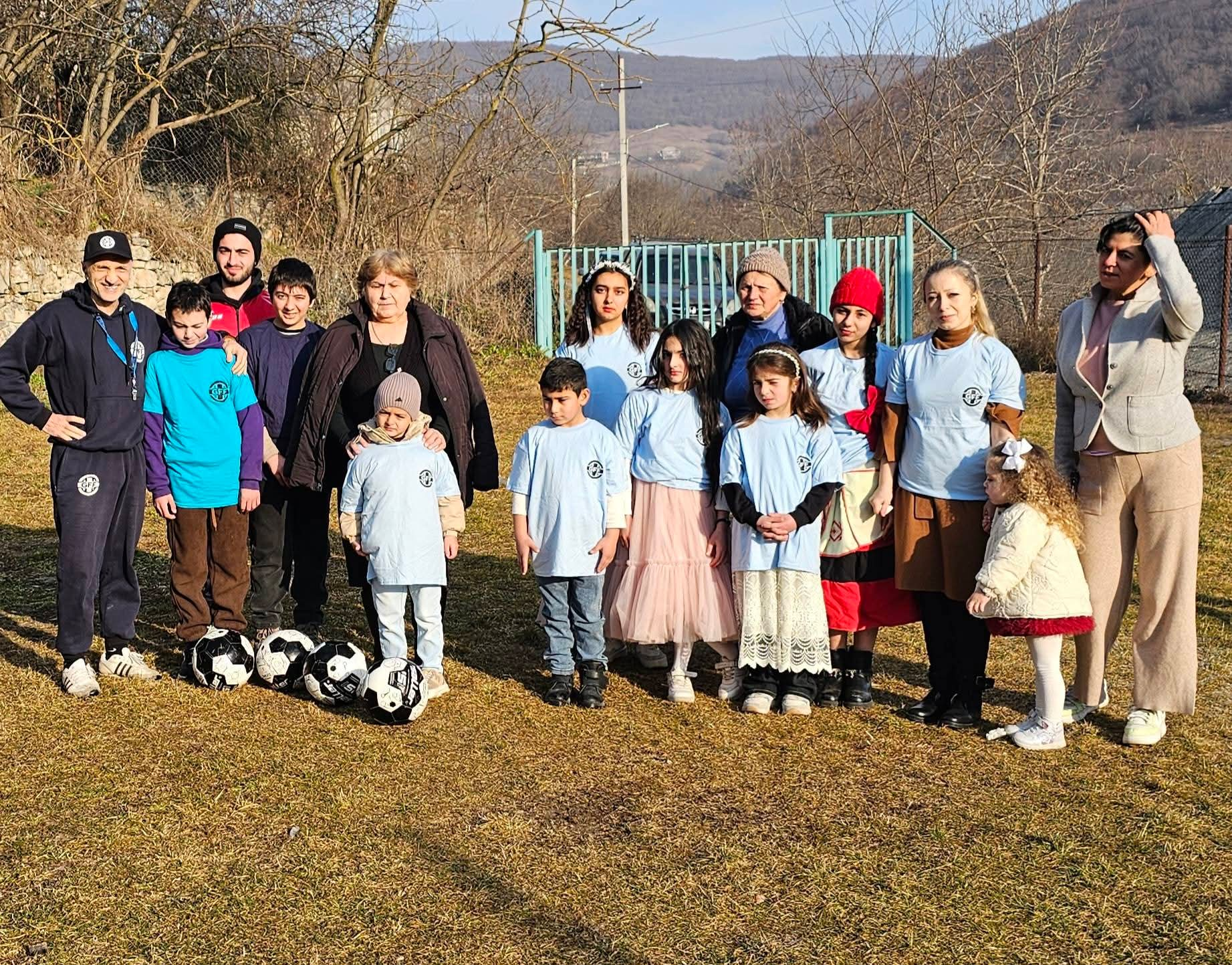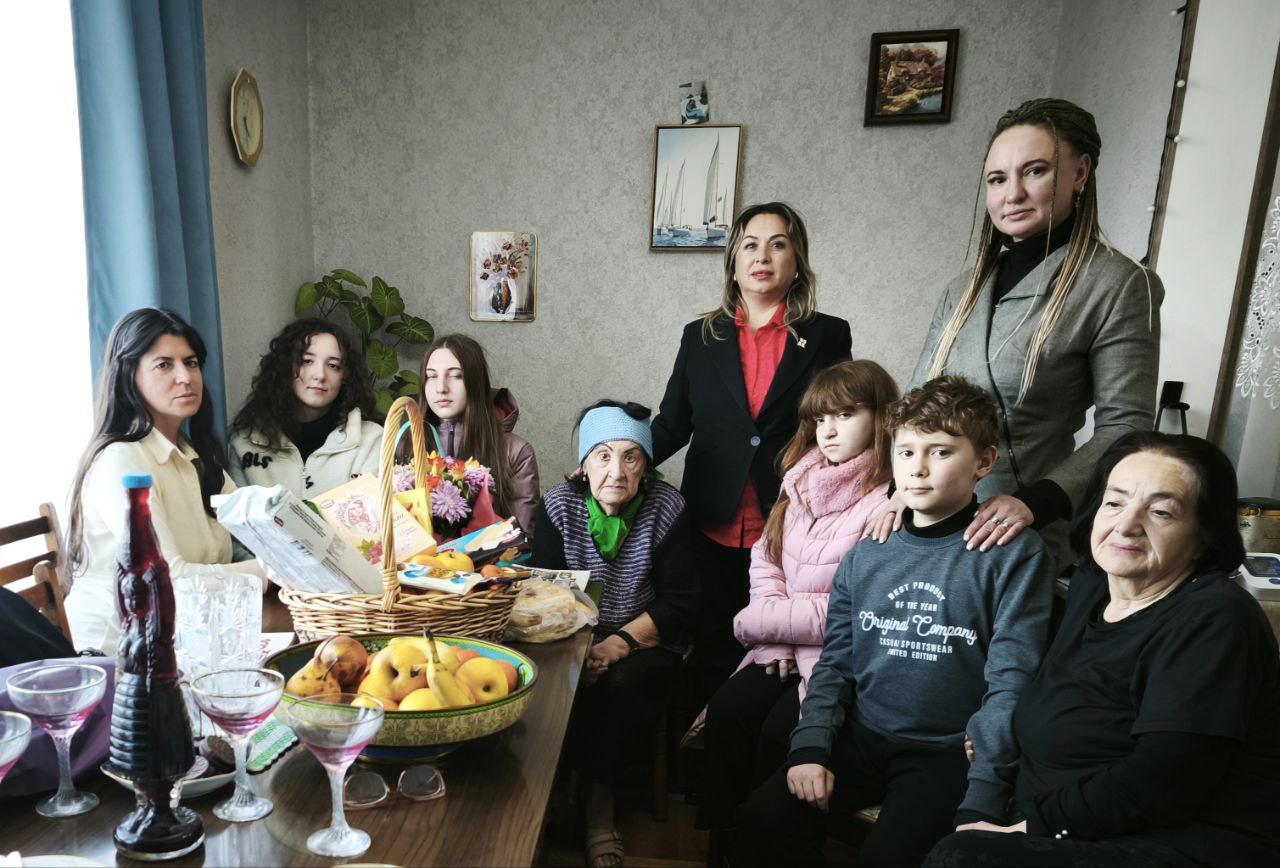Larisa Agabalaeva: “Living according to conscience is a test”
The purpose of a person is the goal that gives meaning to life on Earth in order to act, listen and obey the voice of conscience, says lawyer and public figure Larisa Agabalaeva. She does not like to talk about herself, because she has devoted her entire adult life to helping people. For 30 years she has been conducting human rights activities. Even in difficult moments for her, she successfully and, often free of charge, defended the rights of people in court, including representatives of the Russian-speaking population.
Larisa Agabalaev is rightfully considered one of the leaders in terms of transparency in the Russian diaspora of Georgia, and her role in organizing the activities of the council of organizations of Russian compatriots is also noted. A couple of years ago, in an interview with Georgian media, lawyer, chairman of the Audit Commission of the КСОРСГ, Marina Babunashvili, noted that Larisa Agabalaeva was the first to submit financial statements of her organization.
On the eve of her anniversary, Larisa Agabalayeva, who runs a regional human rights organization, agreed to answer our questions.
- I was born into a military family in the city of Mikha Tskhakaya, now Senaki. After graduating from school, she entered the Kharkov Pedagogical Institute at the Faculty of Philology of Russian Language and Literature. The desire to study at the Faculty of Law overpowered me and later I had to interrupt my studies in order to return to my hometown and fulfill my dream. It so happened that before studying at the law school, I became a military personnel, worked in the third aviation squadron of the 176th Aviation Fighter Regiment, located in Mikha Tskhakaya. The regiment commander was a first class pilot, Lieutenant Colonel Gennady Andreevich Torbov.
- What was your job?
- I kept all the flight documentation for the squadron, including filling out form No. 18; it was also necessary to draw planning tables for flights. The flights took place in two shifts 3-4 times a week. The work was varied and interesting. I remember that I always went to work with joy, since the flight crew consisted of educated, intelligent individuals, especially the management. On non-flying days we talked about philosophy, art, literature, sports, and talked about the high destiny of man. There was a very friendly team. I consider myself very lucky, as I learned a lot, began to think critically, look for not only positive, but also negative traits in myself...
My diversified development subsequently made itself felt when I entered the Faculty of History and Law (specialty in jurisprudence) of the Abkhaz State University. Lecturer Zuri Chitaya told me: “Where did you get such versatile knowledge?” and advised me to choose the profession of a lawyer.
- In what years did you live in Sukhumi, how do you remember it?
- I studied at the university in the mid-80s. At the same time, our family received an apartment in Sukhumi. Representatives of different nationalities lived together in this sunny city. The Georgian Kopaliani family and the Abkhaz Berulava family lived on the same floor. A rmenians lived on the floor below. The language of interethnic communication was Russian. The end of my studies in Sukhumi coincided with military events in Abkhazia. At the same time, there was unrest in Samegrelo. I returned from Sukhumi on August 1, 1992. Civil war in Samegrelo in 1992-93. greatly changed the fate of many people, our residential building was severely damaged - half the wall and roof were missing. It was hard to survive. My father became disabled after a stroke. The mother became seriously ill. During this period, at the request of the residents, I actively became involved in public work.
- The country was at a crossroads. Were you able to make changes when you were practically doing the work yourself?
- I'll give you one example. In 1996, the government allocated funds for the restoration of houses damaged during the civil war. I joined the commission that determined the number of victims and the degree of destruction of buildings. In the course of my work, I discovered falsifications of facts and additions - an increase in the number of victims. We had to defend our positions in order to fairly distribute aid among the victims. If there were actually 70 victims in Senaki, then because of the postscripts their number increased to 1800. Despite the persuasion of the management to leave everything as it was and receive a reward in return for silence, it was difficult to make a deal with my conscience, and for me it was unacceptable . Living according to your conscience is a test. Probably, from that period the development of leadership qualities began. Knowing well the problems of ethnic minorities, I created an organization to protect their rights. After the collapse of the USSR, representatives of national minorities found it difficult to find work, people became greatly impoverished, and ignorance of the state language created certain difficulties. Let me give you another example - the case of Sergei Cherpakov, who was arrested for allegedly illegal possession of weapons. To win this case and get him out of prison, I did a titanic job. I would like to note the work of journalists; Georgian TV channels also covered this issue. There were other cases that were won, including in the Supreme Court in 1995...
I can’t help but remember my like-minded people, friends with whom I had to share joy and sorrow, and to whom I often turned for advice. In difficult times, Guliko Chanturia, Mediko Tsirgvava, Guli Kirtskhalia, Mziya Barkaya, Ineza Bagaturia supported both morally and financially. Blessed memory of Guli Chanturia and Guli Kirtskhalia, without whom not a single Victory Day in Senaki passed.
- On May 9, the residents of Senaki, under your leadership, visited a military burial in the region. Tell his story.
- Representatives of my organization on Victory Day laid flowers at the memorial where Soviet soldiers who were treated at the Menji military hospital during the Great Patriotic War are buried. Menji resort is famous for its medicinal waters, which help in curing many diseases. Unfortunately, few people visit the memorial. Whenever possible, only members of our organization come. I am a former soldier, and members of my family also served in the Fighter Regiment. For many years I have been trying to attract the attention of relevant public organizations and not only to the issue of restoration work. More than 50 military personnel from different republics are buried in this cemetery and, perhaps, someone is looking for the graves of their ancestors. We will publish the names of the buried soldiers. If anyone has information that relatives are buried in a mass grave in Menji-Senaki district, please contact our organization.
- You worked with the public and as deputy mayor of Senaki...
- Before that, in 2002, she began teaching legal disciplines (criminal, administrative, environmental, business law) at the Agrarian Economic College, then worked at a private school. During the period of work at the mayor's office, there was active activity in all directions. Residents of the city approached me with various requests; while studying their problems, I came up with the idea of creating a partnership so that issues would be resolved in a timely manner and together with citizens. The mayor liked my proposal; unfortunately, this initiative could not be implemented. But two years later, this idea was implemented by the mayor of Tbilisi.
Everywhere I worked with full dedication. Each person has a gift and talent, which often manifests itself through trials, and how successfully they were passed can be assessed by people.




